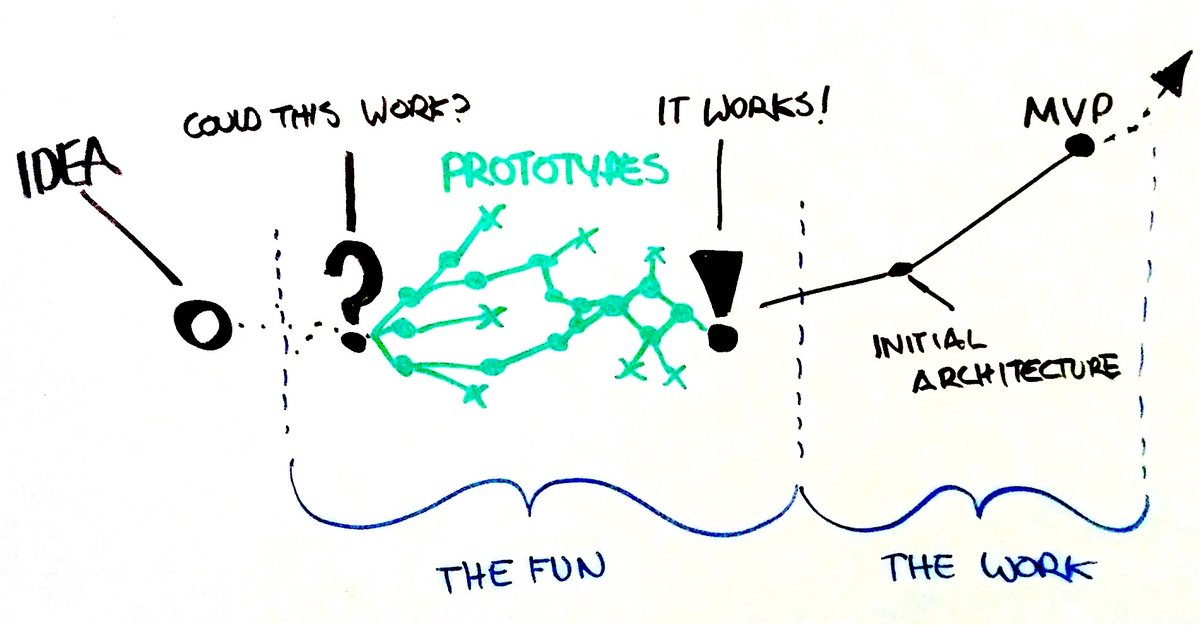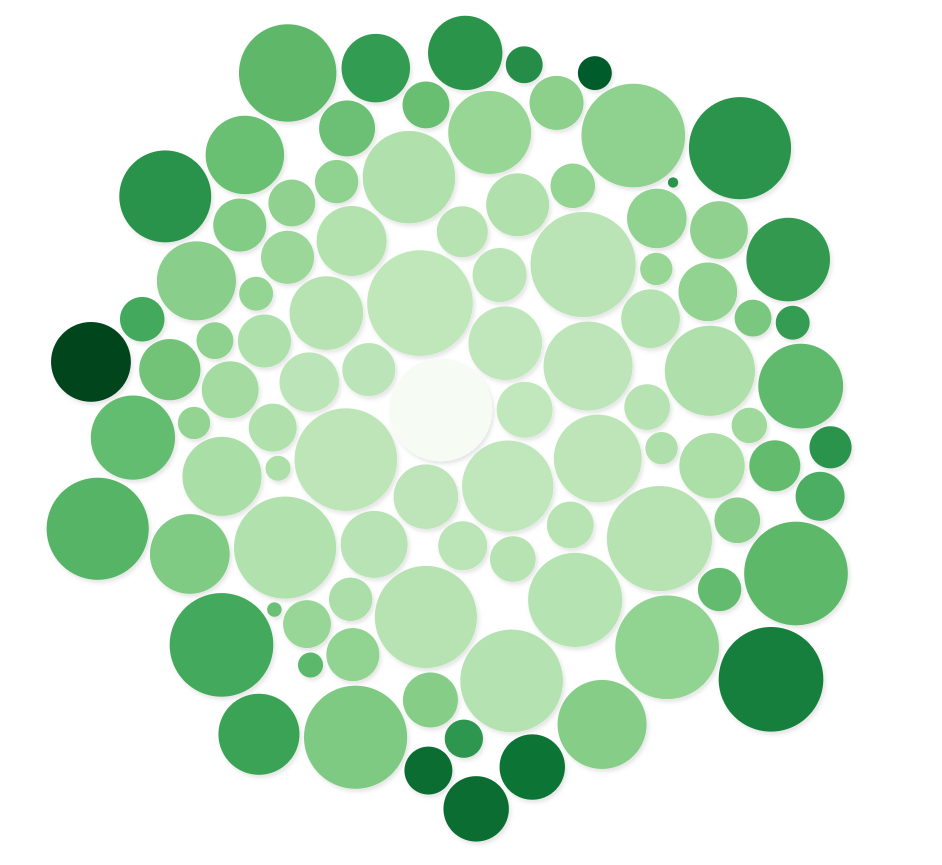
I have shunned MATLAB for Python, I have sipped vintage FORTRAN 77 and published Java Applets at the turn of the millennium. I want to offer a grounded perspective on the benefits of doing science online. 

As a Master's student in a newly formed Department of Scientific Computing I learned from applied mathematicians, physicists, materials scientists, biologists, geologists, statisticians and engineers. My program was a survey of computational methods and how to apply them. 

I was quickly drawn to the discipline of scientific communication, entranced by the papers, talks and posters that were able to convey new and fascinating concepts to me as well as frustrated by those that... didn't. 

I also learned that scientists use many different environments, often incompatible with and even incomprehensible to each other. Demonstrating a result was one thing, getting someone else to repeat that result on their machine was entirely another. 

The reasons for any given scientist using any given environment were often great, it was where the existing toolset for the discipline was, it was where the compute was. But if you wanted to use an idea that came from somewhere else, well, good luck. 

As computing infra has improved and standardized, the various scientific communities have come closer together. the state of the art in large scale computation has become much more cosmopolitan.
The state of scientific communication is still firmly in the grips of the PDF.
The state of scientific communication is still firmly in the grips of the PDF.

The web was born of the desire to share scientific knowledge, yet has remained a frontier for scientific communication for decades. It is often seen as the lowest common denominator of programming environments, and for this very reason it is also the most accessible.
stay tuned for the full talk with links to a bunch of examples #d3js 🔬💻
• • •
Missing some Tweet in this thread? You can try to
force a refresh




